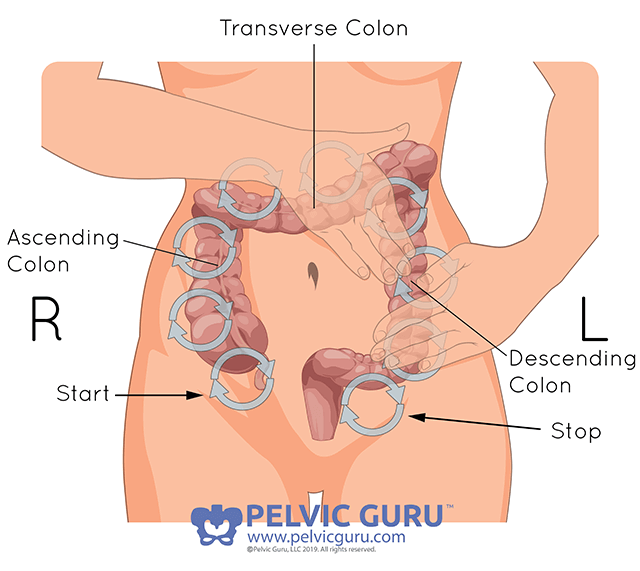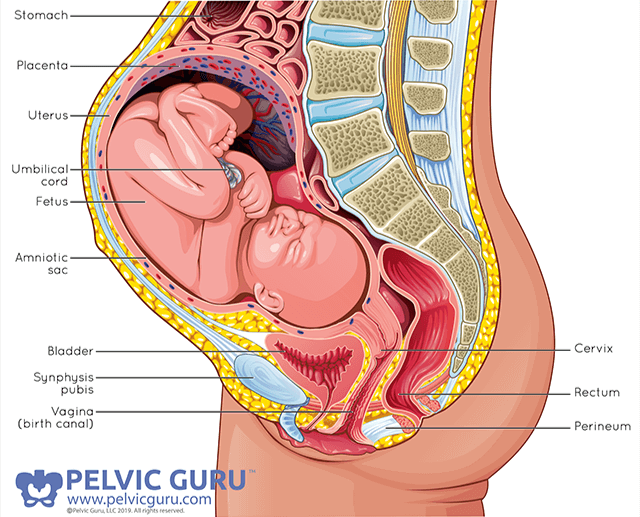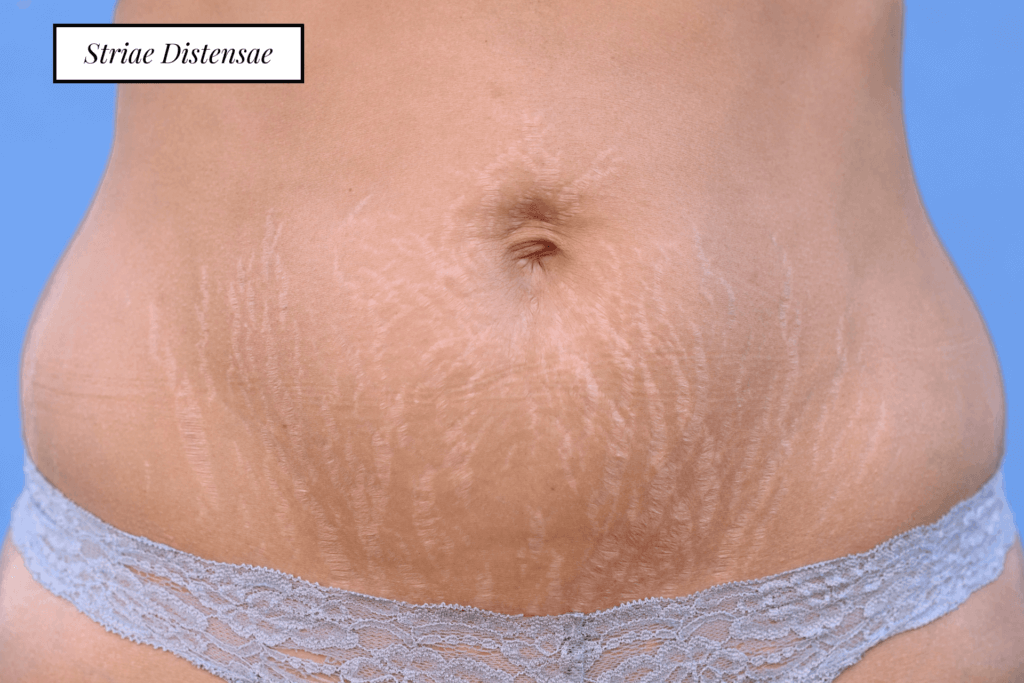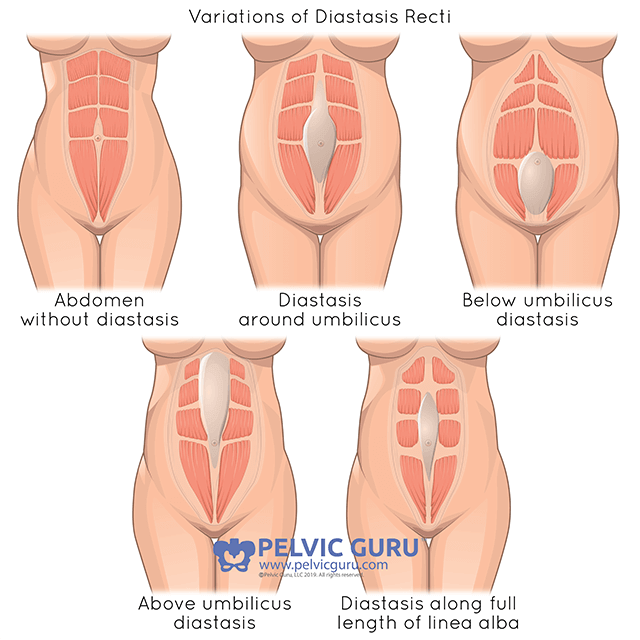
What Happens to Your Body During Pregnancy With Dr. Ellen Meisner
What happens to your body during pregnancy? So many people go through pregnancy, so why do we find ourselves knowing so little about it?
Unfortunately, no pregnancy experience is the same. However, people innately want to be prepared. With preparation comes getting questions answered, which is probably why self-help books like “What to Expect When You’re Expecting” and others have been popularized. Knowing what happens to your body during pregnancy is so important.
What Happens To Your Body During Pregnancy?
Luckily, there are things that your amazing human body does consistently! There are expected changes, which do occur during the majority of pregnancies.
I started my pelvic health journey in 2018 and currently volunteer my time with the Journal of Women’s Health Physical Therapy and work as a physical therapist at PelvicSanity.
So, let’s discuss what happens to your body during pregnancy! We’ll go over a couple of different categories of changes throughout the body.
PREGNANCY HORMONE CHANGES
One of the things that happen to your body during pregnancy includes major hormone changes. Hormones travel throughout the body via the body’s superhighways: the bloodstream. Hormones are like little messengers that tell the various organs in your body what to do. Let’s see what happens to your body during pregnancy; in terms of these key hormones and the changes they cause:
Prolactin causes milk production in the breast.
Relaxin causes ligaments, soft tissue, and joints to have more laxity or available motion.
Progesterone allows the body to maintain the uterine lining for pregnancy but is also responsible for water retention.
Estrogen causes uterine and breast growth during pregnancy as well as water retention.
Human chorionic gonadotropin is the hormone that is detected on pregnancy tests. It is also the hormone responsible for the dreaded morning sickness.
Now that you are more familiar with the hormones, let’s take a deeper look into their effect on the major body systems.
GASTROINTESTINAL
In 80% of pregnancies, people experience nausea and vomiting due to hormonal influences. Additionally, the smooth muscles that allow food to travel through the intestines become more relaxed and the body retains more water. As a result, constipation is one of the most common things that happens to your body during pregnancy. No need to fret! Constipation during pregnancy can be managed with physical therapy!
RESPIRATORY
In order to supply the fetus with enough oxygen, the body adapts to increase the amount of oxygen that enters the body during pregnancy. The body increases the amount of air that is taken in with each breath. You also become more sensitive to decreased amounts of oxygen.
Your body will automatically trigger a response to breathe quicker, when necessary. How cool is that?! These changes require a lot of work, so 75% of healthy pregnant individuals do experience feeling shortness of breath with exertion by 31 weeks.
CARDIOVASCULAR
This is possible due to hormones that help the body retain water, to increase the blood volume of the parent. Unfortunately, due to this extra volume, there is often increased pressure in the veins leading to swelling in the legs or hemorrhoids. One of the things that happens to your body during pregnancy is that your amazing heart will accommodate for the increased blood supply by beating faster and pushing out more blood volume with each beat.
After the second trimester, some people find it uncomfortable to lie on their back. In this position, the weight of the baby compresses veins that allow blood to flow back to the heart. It can manifest as shortness of breath, dizziness, nausea, or numbness. These symptoms can be counteracted by a side-lying position!
URINARY
Urinary frequency increases early in pregnancy, due to hormonal changes, and continues to increase later in pregnancy as the uterus grows and puts additional pressure on the bladder. The bladder utilizes progesterone to increase the volume of urine it can contain as a way to combat this! Sometimes we just have to let our bodies fight their own battles, but physical therapists can assist with behavioral modification techniques to reduce urinary urgency and frequency.
REPRODUCTIVE
There are multiple reproductive changes you may notice during this time.
- Hormones are responsible for breast tissue growth. Breasts can increase in weight by two pounds during pregnancy!
- Pregnant people may also notice a bluish discoloration of the labia and/or vagina/genital opening. This is due to blood pooling in pelvic blood vessels.
- Individuals may also notice an increase in vaginal/genital discharge. This is completely normal during pregnancy.
METABOLIC
During pregnancy, the body has extra energy demands because it is now tasked with supplying nutrients for two. During early pregnancy, the body stores more fat and nutrients, in preparation to meet the demands of late pregnancy. During late pregnancy, these fats and nutrients are released into the bloodstream to help fetal growth. Weight gain is to be expected during pregnancy, and on average, people experience a 20-25% increase in body weight.
NEUROLOGIC
Nerves can be extra sensitive during pregnancy due increased blood volume, hormonal changes, and physiological changes. Physical therapists can help reduce nerve irritation related to muscle tightness or postural changes during pregnancy.
SKIN
So, what happens to your body during pregnancy in terms of skin? Well, “striae distensae,” or dermal scarring, may happen. These are seen more commonly around the breasts, buttock, thighs, and abdomen. There can also be darkening of the skin on the face, or down an area of connective tissue on the abdomen called the linea alba which connects your “6 pack” muscles.
MUSCULOSKELETAL
The body increases space for baby growth, and prepares for the birthing process by acquiring extra mobility in bony joints related to the rib cage, pelvis, and spine. Abdominal muscles are also put on stretch because the belly is growing. Sometimes the linea alba that connects our “6 pack” or rectus abdominus muscles can also become lax, and can lead to the spreading of those muscles.
Posture often changes during pregnancy due to changes in weight distribution. As more weight is centered forward in the body, people may notice an increased curve in their lower spine as a result. Physical therapists are musculoskeletal experts and are happy to help individuals adapt to these changes!
Pregnancy comes with many changes. Some may be expected, and some may be unexpected; however, there are licensed professionals who can help you adapt to your rapidly changing body! Knowing more about what happens to your body during pregnancy allows you to be more prepared for such changes. And remember, pain is NOT a symptom of pregnancy.
Physical therapists can help manage bothersome symptoms in the majority of body systems and are here to optimize the pregnancy experience! And now that you know more about what happens to your body during pregnancy, you can feel much more confident in discussing the experience and improving it with a professional.
If you feel that would benefit from pelvic floor physical therapy or think you are experiencing symptoms that may require diagnosis, you can book a FREE 20-minute consultation HERE.
Or, if you’d like to learn more about all things pelvic floor health, head over to Instagram! You can always reach out in the DM’s if you have any questions!
More content you may like:
- Exercise and Pregnancy: Pre- to Post-Partum
- Vaginal Mesh: Friend or Foe?
- YOUTUBE: Yoga Flow Low Back & Abdomen
Find Dr. Ellen Online
Some of the links on this page may be affiliate links. Laura Meihofer’s LLC is a participant in the Amazon Associates Program and others, as an affiliate advertising program designed to provide a means for sites to earn advertising fees by linking to products Laura organically uses and trusts. If you purchase a product through an affiliate link, your cost will be the same, but Laura will automatically receive a small commission. Your support is greatly appreciated and helps her spread her message!














Sorry, the comment form is closed at this time.